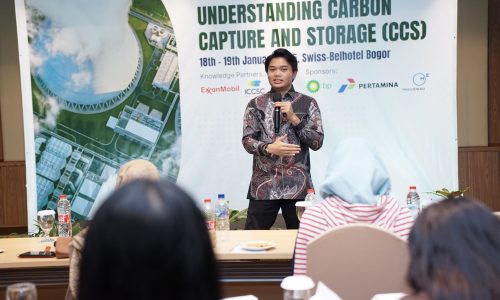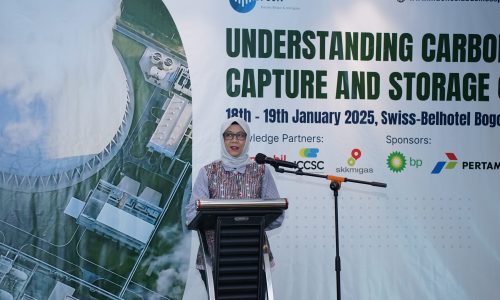Indonesia’s move to categorize coal-fired power plants industries as sustainable energy sources has drawn criticism from energy and finance experts at the Institute for Energy Economics and Financial Analysis (IEEFA).
As it’s known, the Financial Services Authority (OJK) is currently in the process of revising the Green Taxonomy, a framework that defines what types of investments can be considered environmentally friendly in order to qualify for various incentives.
The proposed revision includes granting a green label to new coal-fired power plants specifically powering metal processing industries.
Green label for coal power plants
The green label, which considered to be the best in the green-yellow-red Green Taxonomy scale, effectively designates coal-fired power plants as projects that “protect or improve the environment,” much like renewable energy projects.
“It is deeply concerning that new coal-fired power plants can now be seen as efforts to protect or improve the environment. This contradicts scientific evidence,” wrote Christina Ng and Putra Adhiguna, IEEFA researchers on Sunday, September 24, 2023.
IEEFA researchers warn that this move will push Indonesia down in the ranks of environmentally friendly or sustainable financial taxonomies.
Globally, at least ten such financial taxonomies have been published, and no country recognizes coal-fired power plants as environmentally friendly, including countries like China and Russia, where coal remains significant, and new coal-fired power plants are under construction.
Damaging Indonesia’s credibility
The IEEFA report states that if Indonesia continues its recent idea of using energy transition goals to justify the eligibility of new coal-fired power plants for green financing, then Indonesia will become the first country to recognize coal as environmentally friendly coal.
This could harm Indonesia’s credibility and potentially lead to state-endorsed greenwashing or environmental whitewashing.
Binbin Mariana, the Southeast Asia energy finance campaigner at Market Forces, said that labeling coal as green might encourage banks to provide what is known as green finance to fund coal companies. This would discourage these companies from transitioning away from fossil fuels.
“The practice of transition-washing is highly concerning, as green financing is used to fund high-carbon companies that lack credible plans to transition their business away from fossil fuel use,” she said.
Deterrent for foreign investors
Furthermore, the green label is likely to deter foreign investors from investing in Indonesia’s coal sector, as most would view it as unacceptable. Therefore, the OJK’s labeling proposal could backfire on Indonesia’s efforts to attract green financing.
Additionally, IEEFA researchers argue that the green labeling of coal would also require foreign investors to conduct more due diligence, thereby increasing transaction costs.
According to IEEFA, the OJK should recognize that coal-fired power plants in Indonesia do not need to be labeled as ‘green’ to secure financing.









